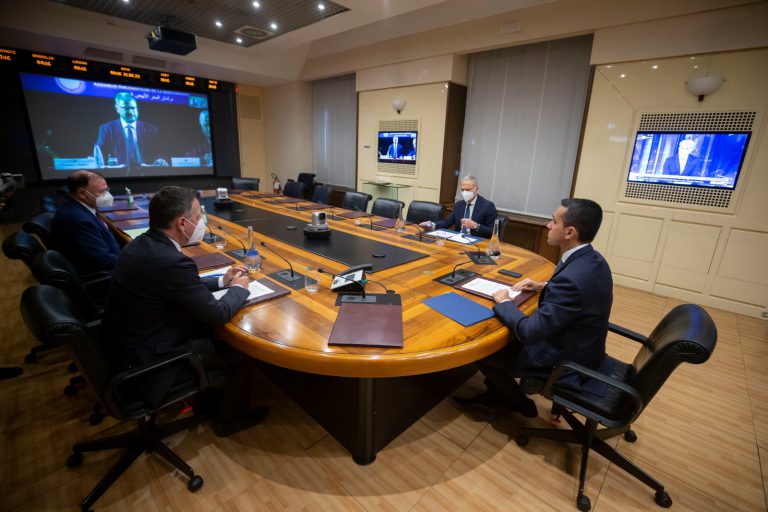The bombing of a United Nations humanitarian convoy, the unilateral denunciation of the truce by the Damascus regime and the barbarian military offensive underway in the eastern district of Aleppo seems to have stifled all possible hope.
The meetings on Syria that I attended in New York last week reflected this sense of powerlessness. But we cannot surrender to war. Aleppo is calling on us all. Italy is working towards two goals. First of all emphasising that there is no military solution to the crisis. The agreement reached by Kerry and Lavrov in Geneva last 9 September represented the zenith of Russian-American efforts to recompose the interests at stake: a credible and irreversible political transition on the one hand and coordinating the fight on terrorist groups on the other. All of this must fall within the framework of a common action plan aimed at relaunching Staffan de Mistura’s proposal of a UN-led political transition. No matter how difficult this might seem right now, we have to commit to take up that thread again.
The second line of action concerns the relationship with Russia. Italy was among the Countries that judged Moscow’s presence in Syria as potentially positive because of the moderating effect it could have on Assad’s regime. Things worked out differently. Moscow failed to induce the regime and the various Shiite militias that support it (Lebanese, Afghan and Iraqi) to change direction: the indiscriminate bombing of civilians continued, sieges became tougher, international commitments and Security Council resolutions have been constantly ignored. This is why the time has come to address a firm message to Moscow. It is time for Russia to prove that it wants to use its influence on the regime. Failing to do so would not only mean endorsing the massacre but also renouncing the role of big power that Putin aspires to, tying its destiny to Assad’s, which is doomed to failure.
The present strategy of the Damascus regime and its supporters risks enhancing extremism, making it endemic for decades to come. It will be impossible to uproot jihadism in Syria as long as Assad is free to continue bombing his own people. It will only be possible to give the Country a unitary perspective of peace through a political process leading to a genuine transition. In five and a half years, the Syrian conflict has caused at least 400,000 deaths and millions of refugees. This war will have no winner; it can only lead to more bloodshed. This is why it must be stopped.


